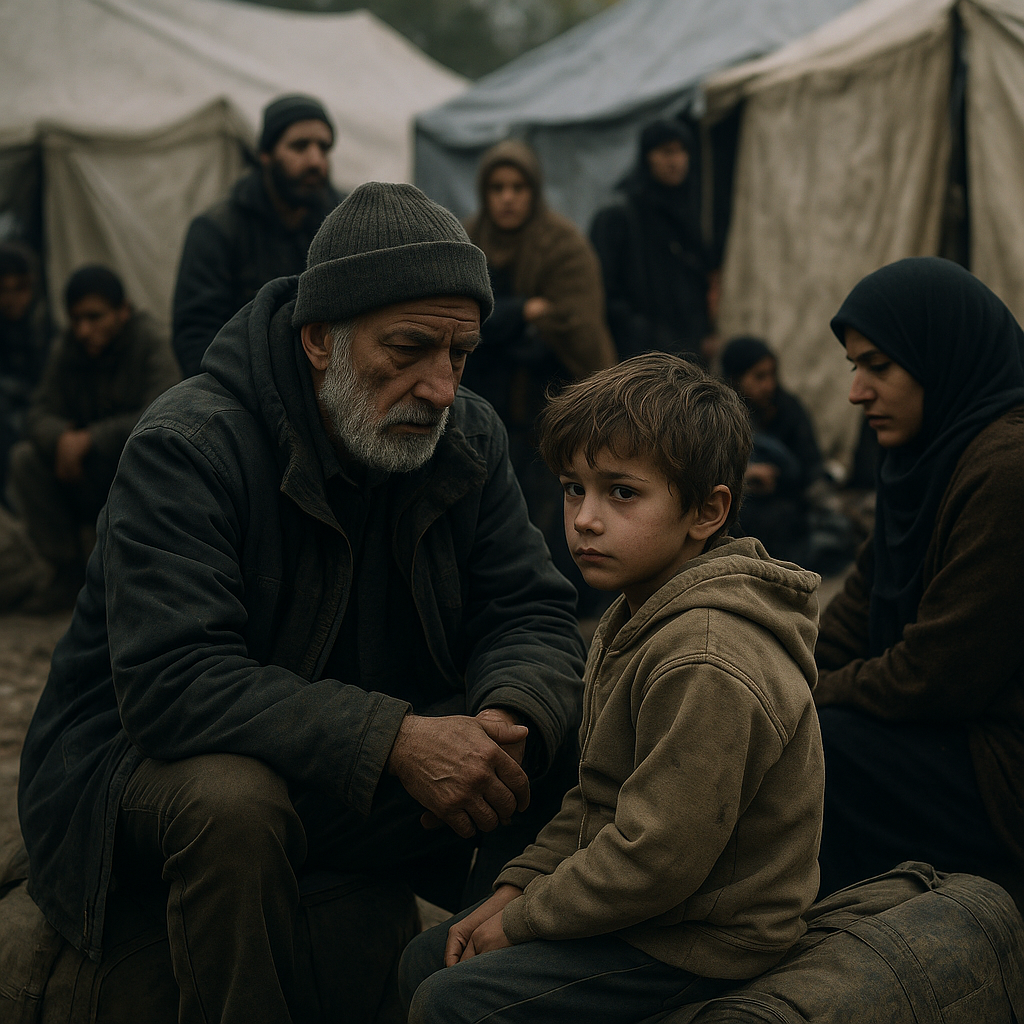UN Experts Condemn Israeli Strikes in Lebanon, Urge Ceasefire Compliance
Since the ceasefire came into effect, the Israeli military has reportedly conducted over 500 airstrikes on what it claims are Hezbollah-related targets.

Introduction: Ceasefire Undermined by Continued Violence
Despite the ceasefire agreement reached on 27 November 2024 between Israel and Lebanon, United Nations human rights experts have condemned the persistent Israeli air and drone strikes on Lebanese territory. In a statement delivered during the 80th session of the UN General Assembly, the experts expressed alarm at the severe and ongoing impact of these strikes on Lebanese civilians and infrastructure, warning that they risk collapsing efforts toward peace and regional stability.
The experts emphasized that the current situation represents a blatant violation of the cessation of hostilities and urged both Israel and Hezbollah to uphold their international obligations under UN Security Council Resolution 1701, which underpins the ceasefire.
Daily Strikes and Civilian Devastation
Since the ceasefire came into effect, the Israeli military has reportedly conducted over 500 airstrikes on what it claims are Hezbollah-related targets. However, UN-verified data paints a grimmer picture of the human cost. According to the Office of the High Commissioner for Human Rights (OHCHR), these attacks have resulted in 108 civilian deaths in Lebanon, including 71 men, 21 women, and 16 children. In addition to the fatalities, the strikes have displaced more than 80,000 people, destroyed homes, and inflicted widespread damage on Lebanon's essential civilian infrastructure, including schools, health centres, agricultural zones, and places of worship.
A particularly intense set of airstrikes on 11 October 2025 killed one person, injured seven others, and destroyed over 300 construction vehicles and a three-storey residential building. Experts condemned this as an unlawful attack on civilian property and called for an immediate end to such violations.
Occupation and Disregard for Lebanese Sovereignty
UN experts further criticized Israel's ongoing partial occupation of Lebanese territory, including at least five military positions and two "buffer zones" north of the Blue Line — the UN-recognized border. This continued presence, they argue, not only violates the ceasefire agreement but also impedes Lebanon's ability to conduct disarmament and recovery operations. These actions are perceived as deliberate attempts to undermine the Lebanese government's efforts to implement Resolution 1701.
The experts also highlighted 19 documented cases of abduction of Lebanese civilians by Israeli forces since the ceasefire began — cases that may constitute enforced disappearances under international law.
Displacement and Human Rights Concerns
Both Lebanon and northern Israel remain affected by ongoing displacement. While four incidents of projectiles were recorded from Lebanese territory toward Israel post-ceasefire, no casualties were reported, although 30,000 Israelis remain displaced from border areas.
The UN experts noted that displacement — whether from violence or military operations — has devastating cascading effects on human rights, including the loss of access to housing, healthcare, education, employment, and community support networks. "All individuals must be able to return safely to their homes and begin rebuilding their lives in a dignified way," the experts urged.
Threats to Peacekeepers and International Law
Adding to concerns, the UN experts condemned two recent attacks involving grenades near United Nations Interim Force in Lebanon (UNIFIL) personnel, which resulted in injuries to a peacekeeper. They called on Israel to uphold its obligations under international law to ensure the safety and security of UN peacekeepers and cease all obstruction of UN operations.
UNIFIL has operated in southern Lebanon for decades as a neutral entity, tasked with monitoring ceasefire compliance and reducing tensions along the Blue Line. Threats to its personnel are seen as serious escalations that risk undermining international peacekeeping efforts.
Call for Independent Investigations and Accountability
The experts reiterated their demand for independent, transparent investigations into all alleged violations of international humanitarian and human rights law. "We deplore all killings of civilians that violate the right to life," the statement read. "The destruction of civilian homes and infrastructure must cease immediately, and all perpetrators must be held accountable."
Despite multiple urgent communications, the Government of Israel has failed to respond or cooperate with UN inquiries, drawing sharp criticism from the Special Procedures of the Human Rights Council. This lack of engagement further erodes the prospects for transparency, justice, and peace.
A Dire Need for International Action
The experts concluded their statement with a direct call to all parties to immediately and fully comply with international law, the ceasefire terms, and UN Security Council Resolution 1701. They urged Israel to withdraw from all occupied positions in Lebanon, halt strikes on civilian areas, and respect Lebanese sovereignty. The path forward, they emphasized, must prioritize the protection of civilians, accountability for violations, and a commitment to durable peace through lawful and diplomatic means.
"This continued cycle of violence undermines peace efforts and the credibility of international agreements," the experts warned. "The time for compliance, accountability, and rebuilding trust is now — before irreversible damage is done."
ALSO READ
-
Erdogan Urges US to Enforce Israel's Compliance with Gaza Ceasefire
-
International Security Force Envisioned for Gaza Ceasefire
-
Erdogan Urges US Action on Gaza Ceasefire Violations
-
Erdogan Urges Global Action on Gaza Ceasefire
-
U.S. Opposition Halts Israeli Annexation of West Bank Amid Shaky Gaza Ceasefire









